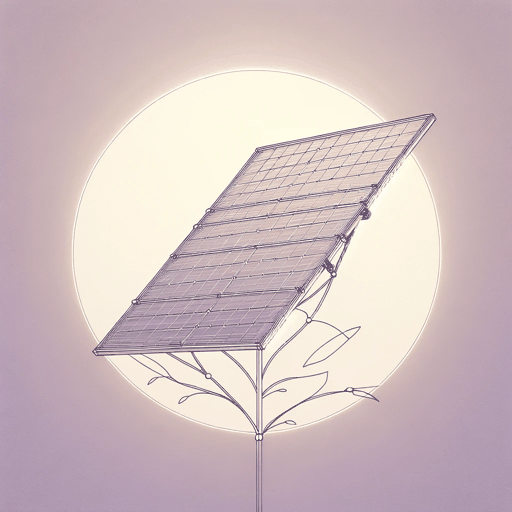26 pages • 52 minutes read
Begum RokeyaSultana's Dream
Fiction | Short Story | Adult | Published in 1905A modern alternative to SparkNotes and CliffsNotes, SuperSummary offers high-quality Study Guides with detailed chapter summaries and analysis of major themes, characters, and more.
Themes
Gender Role Reversal
Begum Rokeya wrote this short story when India was still under British rule, and women did not have access to the same education and career opportunities as men. In “Sultana’s Dream,” Sultana tells Sister Sara, “We have no hand or voice in the management of our social affairs. In India man is lord and master. He has taken to himself all powers and privileges and shut up the women in the zenanas” (9). Thus, through the words of her protagonist, Rokeya describes the plight of the Bengali women of her generation.
Sultana’s experiences in Ladyland represent the exact opposite of India’s social structure. With the erasure of men from public spaces and positions of power, Ladyland is a utopia where peace and harmony prevail, and women are safe to walk the streets unveiled, as the men are shut indoors. The removal of men from society also means the country is devoid of crime and no longer requires a criminal justice system. Rokeya’s presentation of Ladyland’s harmony and efficiency implies that the dominance of men lies at the root of most of society’s problems. Sister Sara also clarifies that Ladyland is a virtuous place, free of “sin.

